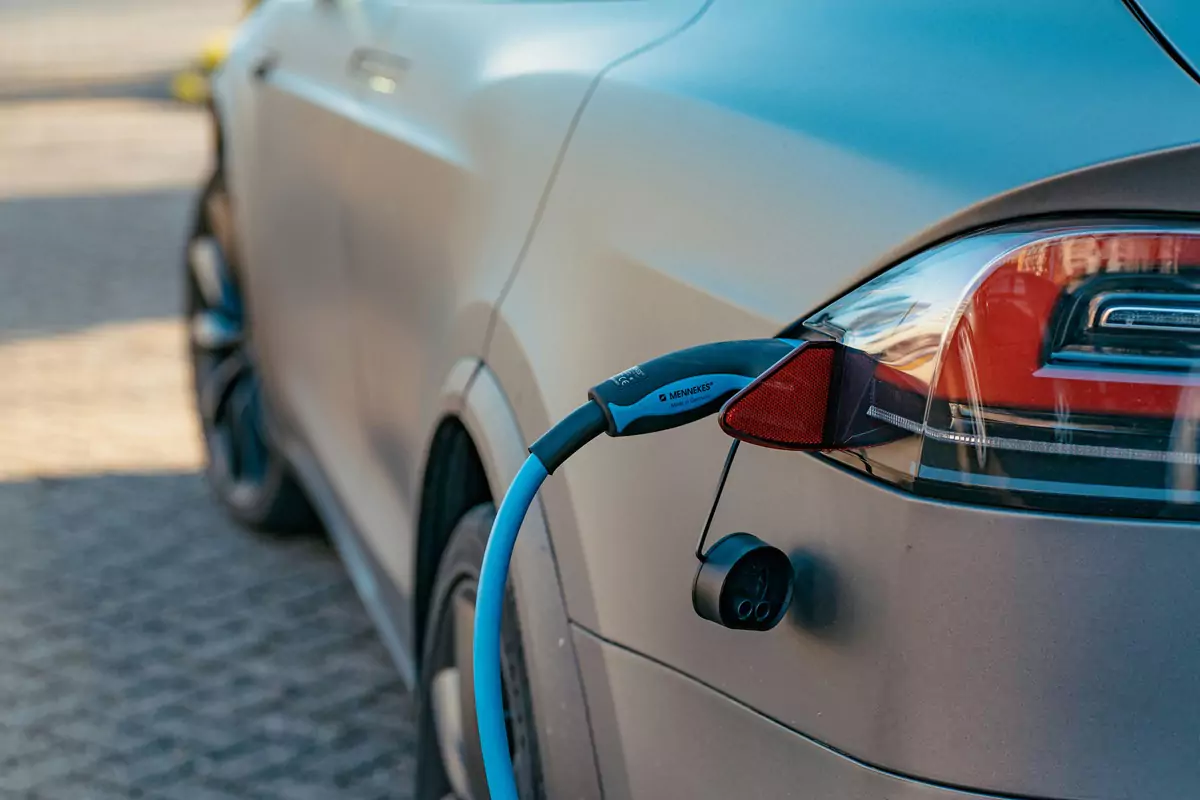The European Union has announced that anti-subsidy duties are being placed on electric car batteries from China after an investigation found that the overseas imports are undercutting similar products manufactured on the continent.
The EU is hoping that the move will help level the playing field for European manufacturers in the wake of an inquiry identifying an unfair financial advantage among Chinese importers due to their cheaper batteries and larger market share.
The duties are not across-the-board, with different figures being assigned to different companies. For example, there will be a 17.4% tax on batteries produced by BYD, a 19.9% duty on Geely and a whopping 37.6% tariff on batteries from SAIC. Other manufacturers who submitted data to the EU study will face a tax of 20% on average, while those who didn’t cooperate with the study can expect an imposed duty of 37.6%.
Tesla’s Elon Musk has asked Brussels to charge a tariff rate based on evidence the company submitted. The carmaker’s Model 3 will be affected by the changes, as will a number of other non-Chinese branded cars made in China, such as Volvo’s EX40 and the electric Mini.
The provisional tariffs came into force on 5th July and will continue for a maximum of four months while the EU votes on a final decision. If the new rules are passed, the tariffs will remain in effect for a duration of five years.
Talks have begun between EU Executive Vice-President Valdis Dombrovskis and Chinese Trade Minister Wang Wentao in a bid to come to a solution that is both compatible with World Trade Organisation rules and adequately addresses the EU’s concerns over the cheaper Chinese imports.
The decision to implement these tariffs is said to have escalated tensions with Beijing, and has split opinions among European carmakers, with Germany, Sweden and Hungary being against the move, but Italy and France favouring the changes.
Chinese authorities have subtly stated that they may retaliate and have reportedly launched probes into the pork market, with the possibility of other industries being targeted soon. The EU, for its part, has not limited its scope to battery electric vehicles (BEVs), but is also looking into similar proposals for the green tech sector.
The EU is not the only entity putting a bull’s-eye on Chinese goods. The United States has already raised customs taxes on Chinese e-cars to 100%, and Canada is considering the same.
Read related:
Prince Albert II takes Tesla’s new Cybertruck on first European test drive
Monaco Life is produced by real multi-media journalists writing original content. See more in our free newsletter, follow our Podcasts on Spotify, and check us out on Threads, Facebook, Instagram, LinkedIn and Tik Tok.
Photo source: Ernest Ojeh, Unsplash
